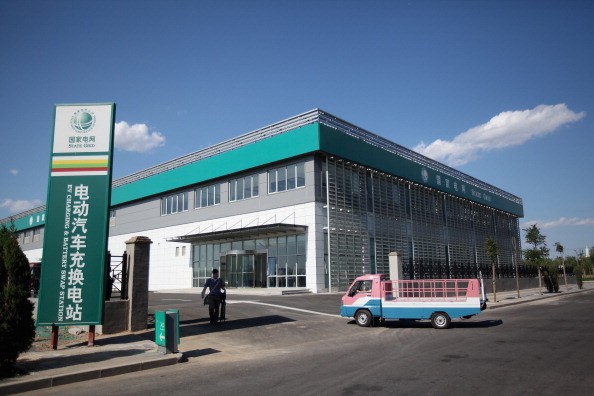China is planning to quadruple the annual output to 2 million units by 2020. The government wants to reach a target by 2025, wherein one out of five cars sold in the country will be a new energy model.
The country has been the world's top seller of these new energy vehicles since 2015. Last year, it has produced over 517,000 units.
The Chinese government is currently providing financial assistance to the manufacturers of these new energy vehicles. Instead of an incentive system, they provide subsidies of varying amounts, favoring the best performing carmaker. This is line with the government's program to build global leadership in cleaner energy.
When the program ends in 2020, a point-based system will takeover to guide the production of new energy vehicles.
"The government will continue to improve policies, boost research and development, invest in charging infrastructure construction, and promote international cooperation to help the sector grow," said Industry and Information Technology Minister Miao Wei.
Along with the increase in the production, China also saw an increase in the number of charging infrastructure. The country has built over 100000 public charging poles last year, which is a ten-fold increase from the figure in 2015. Because of this, a comprehensive charging gird has started to take shape in major cities like Beijing, Shanghai and Shenzhen.
Beating Foreign Competition
While foreign carmakers like Tesla and Nissan have their own electric vehicle models, it is still difficult for these manufacturers to compete in the Chinese market.
Aside from the subsidies coming from the Chinese government, local manufacturers such as BYD and BAIC Motor offers their units at a much cheaper price even though they have a shorter range compared to their foreign counterparts.
A Chery eQ would cost around 60,000 yuan ($12,400) after subsidies. This is a far cry from a General Motors Bolt EV which would cost around $30,000 after a $7,500 federal tax credit.
Because of their success in the local market, carmakers like BYD have a great potential in dominating the electric vehicle market abroad. Just last month, it signed up A-list Hollywood actor Leonardo DiCaprio as its brand ambassador.
The Warren Buffer-backed company currently has 65 percent of the market share in Chinese plug-in vehicles.
"Because Chinese companies have this large Chinese market, when they have big enough scale and their power grows, their products improve and they increasingly understand foreign markets," said Lin Yufei, BYD's deputy chief of branding and public relations.
With the growing popularity of environment friendly products, the prospects are high for these Chinese companies to dominate the world market.



























